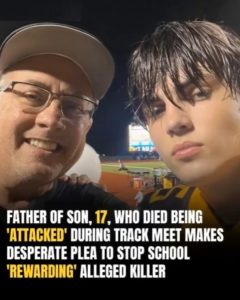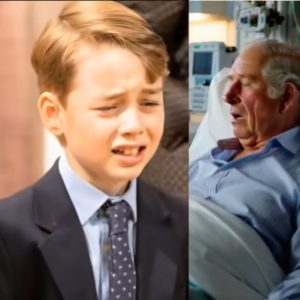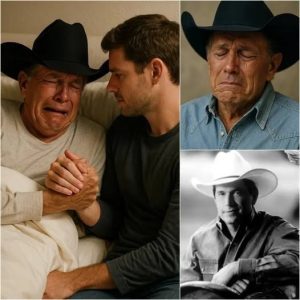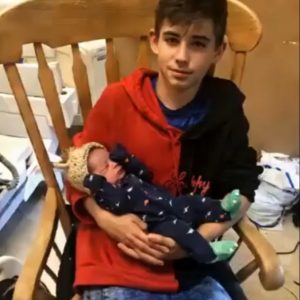The devastated father of a 17-year-old boy who was fatally stabbed during a high school track meet is speaking out, urging school officials to reconsider their decision to let the teen accused in his son’s death graduate.

On April 2, Austin Metcalf was attending a track and field event at Kuykendall Stadium in Frisco, Texas, with his younger brother, Hunter. What should have been a regular school day ended in tragedy. During a fight in the stands, 18-year-old Karmelo Anthony allegedly pulled a knife and stabbed Austin in the chest. Austin collapsed in his brother’s arms and later died, despite efforts from first responders who performed CPR and gave him emergency blood transfusions.
Anthony was arrested and charged with first-degree murder. He has since been released from custody and placed under house arrest while awaiting trial.
Now, Austin’s father, Jeffrey Metcalf, is publicly expressing his heartbreak and frustration after finding out that Centennial High School in Frisco is allowing Anthony to receive his diploma—despite the serious criminal charges against him.
“This feels like they’re rewarding the person accused of killing my son,” Metcalf told reporters. He has filed a formal complaint with the Texas Education Agency (TEA). “How do you give a diploma to someone charged with murder, when my son never got the chance to graduate?”
Anthony’s family maintains he acted in self-defense. His mother, Kala Hayes, recently spoke at a press conference, saying their family has been threatened and targeted by what she called “lies and false accusations.”
Tensions boiled over when Jeffrey Metcalf showed up at that press conference. He says he was escorted out by police after being treated with what he described as disrespect.
“All I wanted was for someone to say, ‘I’m sorry for your loss,’” Metcalf told the New York Post, visibly emotional. “I would’ve said, ‘Can we pray together and show people we’re trying to heal?’”
Due to his house arrest, Anthony is not expected to attend his graduation ceremony in person. According to his representative, Dominique Alexander, the school had considered expelling him, but ultimately decided to let him graduate early and in private.
As the legal process plays out, the Metcalf and Anthony families are on two very different paths—one mourning a life stolen far too soon, the other defending a young man accused of a serious crime. Meanwhile, questions about school policy, justice, and compassion continue to spark debate throughout the community.





